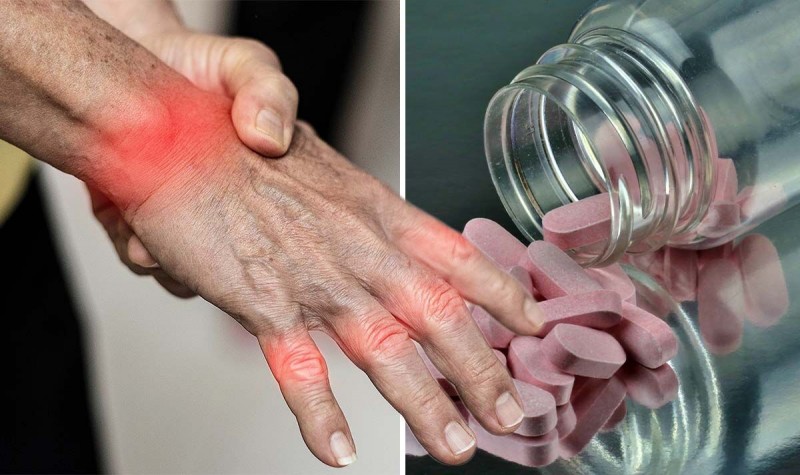
In today's fast-paced world, health often takes a backseat to our busy lives. However, it's crucial to pay attention to subtle signs our bodies give us, such as tingling in the hands and feet. This sensation can be a red flag for a deficiency of a vital nutrient - vitamin deficiency. Let's dive into the world of vitamins and discover how to address this issue effectively.
Vitamins are organic compounds that our bodies require to function optimally. They play a pivotal role in various bodily processes, including energy production, immune system support, and nerve function.
Tingling in the hands and feet can often be attributed to vitamin deficiencies, particularly vitamins B12, B6, and D. These vitamins are essential for maintaining healthy nerves and preventing neuropathy.
Recognizing the symptoms of vitamin deficiency is the first step in addressing the issue. Common symptoms include fatigue, weakness, tingling or numbness in extremities, and muscle cramps.
Vitamin B12 deficiency, in particular, can lead to neurological symptoms such as tingling and numbness. It's crucial to identify these signs promptly.
If you experience persistent tingling in your hands and feet, it's essential to consult a healthcare professional. They can perform blood tests to determine your vitamin levels accurately.
Interpreting blood test results is key to identifying the specific vitamin deficiency. Your doctor will guide you through this process.
In many cases, vitamin deficiency can be addressed through dietary modifications. Including foods rich in the deficient vitamin can help replenish your body's stores.
In severe cases, supplementation may be necessary to correct the deficiency. Your healthcare provider will recommend the appropriate dosage.
Maintaining a healthy lifestyle can prevent vitamin deficiencies in the first place. Adequate sunlight exposure, regular exercise, and a balanced diet all contribute to overall well-being.
Preventing vitamin deficiency is easier than treating it. Pay attention to your diet and lifestyle to ensure your body gets the essential nutrients it needs. In conclusion, tingling in the hands and feet can be a sign of vitamin deficiency, which should not be taken lightly. By recognizing the symptoms, seeking professional guidance, and making necessary lifestyle and dietary changes, you can address the issue effectively. Remember, prevention is key to maintaining overall health and well-being.
Eating These Foods Daily Can Help Maintain Healthy Cholesterol Levels
If You Want to Live for 100 Years, Make These Lifestyle Changes- Keep Illness at Bay
Spice Up Your Weight Loss Journey: How These Spices Help Shed Pounds